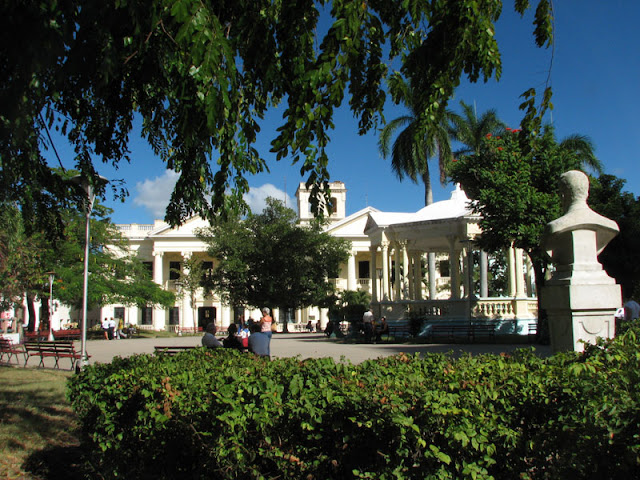I have been thinking about silent deaths by Alberto Reyes Pías
I have been thinking about silent deaths by Alberto Reyes Pías
There is a vignette from the cartoon Mafalda in which this dialogue takes place between Mafalda and Susanita:
• “Mine too!” Susanita replies.
Mafalda’s eyes light up and she says:
• “We should give the poor housing, jobs, protection, and well-being!”
To which Susanita calmly responds:
• “Why so much? It would be enough just to hide them.”
Cuba is witnessing today a silent genocide. Many people are dying—people who should not have to die. However these are not spectacular deaths, nor the deaths of the privileged. On the other hand, they are deaths that can be disguised, deaths that are easy to strip of visibility. Deaths that can be hidden.
On an island that is falling into pieces, buildings collapse from time to time, a balcony comes crashing down while someone is underneath, and both the spectacle and the normalization of the event make death cease to be news.
Here and there we hear that such and such a neighbor or relative died “of a spike in blood pressure,” “of a diabetic complication”… and it seems we fail to recognize that these people had gone months without the necessary medication, without a single pill to keep their health balanced. They are dying because of lack of necessary medicines.
It is said that someone died of an infection, but forgotten is the fact that the infection could have been eliminated by a simple antibiotic that never appeared, or that the germ which caused the infection was contracted by the patient in an operating room due to lack of hygiene.
Dengue continues to claim lives here and there, yet no one speaks of an epidemic, nor of how absurd it is that in the 21st century this remains a problem.
There is a worrying increase in tuberculosis, leprosy, and hepatitis, but this is not news.
Because of blackouts and poor hospital infrastructure, people dependent on artificial respiration have died—but it is forbidden to speak of this.
The unprecedented rise of violence is claiming human lives all across the country, but we only find out about it on Facebook.
Illegal drugs are proliferating more and more, especially among adolescents and youth, yet no alarms are raised.
The families of political prisoners have denounced again and again the lack of medical care for their relatives, and the obvious deterioration of their health, but our political prisoners stopped being regarded as human beings long ago.
Suicides and lethal accidents among youths in Mandatory Military Service shake social networks time and again, but the pain of the parents of these soldiers always crashes against the implacable wall of silence and threats, because this “cannot be known.”
We are dying—in Cuba we are a people that is dying. We die at home, we die in the streets, we die within the island, we die at sea, we die in foreign jungles…
I want to believe that, in the face of so much death, someone connected to power in this country might empathize and say: “It breaks my heart to see so many people dying,” but apparently, one way or another, the answer they receive is: “It is enough just to hide them.”
Perhaps that is why it falls to us, civil society, to show everyone the circumstances of these preventable deaths and problems faced by those who sadly are now dead.
.jpg)


Comments
Post a Comment